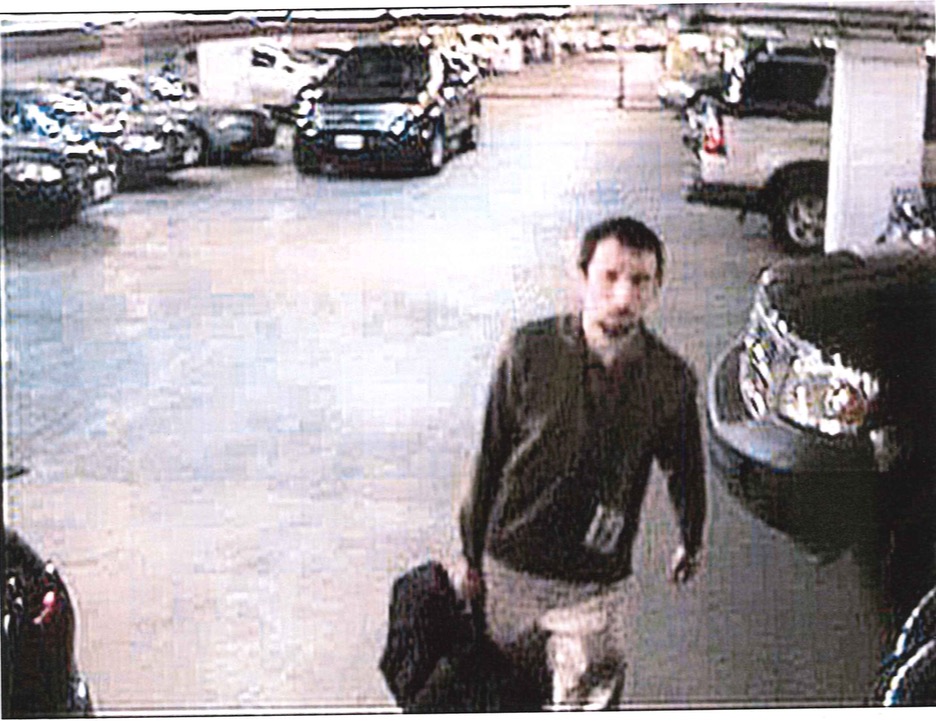Newly unsealed court documents have revealed that one of the corrupt federal agents investigating Silk Road, the online drug marketplace, is suspected of stealing hundreds of thousands of dollars worth of bitcoin—after he pleaded guilty last year.
Shaun Bridges is one of two agents who pled guilty to stealing from the Darknet market. Bridges stole about $800,000 worth of bitcoins from Silk Road drug dealers after he and a partner arrested a Silk Road admin and learned how to reset passwords. That led to Ross Ulbricht, who was convicted of running Silk Road in February 2015, attempting to order the murder of the admin, Curtis Green. Ulbricht was sentenced to life in prison last year.
Bridges' scam was later discovered, though. The former Secret Service agent, who served on a Baltimore-based task force investigating Silk Road, was arrested in March 2015 and pled guilty a few months later. In January, Bridges was arrested again just one day before he was scheduled to turn himself in. The documents unsealed Thursday shed light on why the second arrest took place.
Access not denied
In November 2014, the US Attorney in Maryland seized 1606 bitcoins, worth about $600,000 (£400,000) at the time, from various accounts at a company called Bitstamp. Bridges was the affiant on the warrant, and the funds were put into a Bitcoin wallet he created. Later, some of the account owners "disputed the legality of the warrant," according to an affidavit (PDF) signed by by IRS Special Agent Tigran Gambaryan, who headed up the Northern California-based investigation of Bridges' crimes. In September 2015, a federal court in Maryland ordered the US Secret Service to return $30,616 worth of bitcoins to the affected Bitstamp clients.
When the Secret Service accessed the wallet, however, the the bitcoins were gone. They'd been moved on July 28, after Bridges signed his guilty plea.


 Loading comments...
Loading comments...
